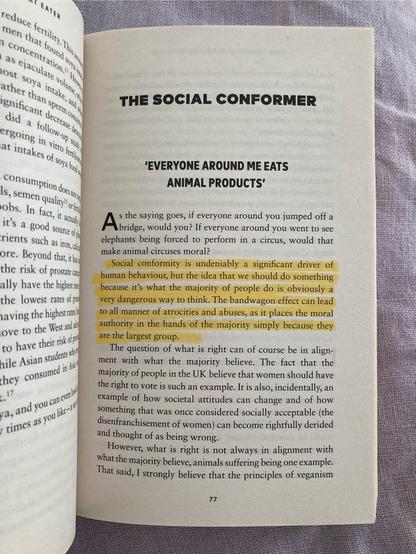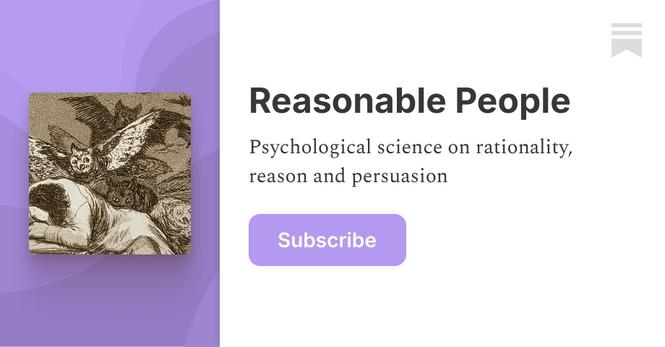I’ve been thinking about the role ‘male insufficiency’ plays in both domestic and public violence; and it occurs to me that mass shooters, incels, domestic abusers and violent racists can often have desperate, unresolved male insufficiency issues in common. So I asked Google’s Gemini for background. Here’s what I got:
—Societal pressures create a brittle sense of masculinity, often referred to as "fragile masculinity," where a man's identity is constantly at risk of being challenged. When a man's sense of control is threatened—whether by an economic downturn or a partner's independence—it can trigger an intense reaction to re-establish that control.
When these pressures erupt, men may resort to a variety of maladaptive behaviors to cope with their feelings of inadequacy. These behaviors are often an attempt to reassert a sense of control and power that they feel they have lost.—
#MaleInsufficiency #men #WhiteMen #DomesticViolence #psychology #SocietalPressures #gender #FragileMasculinity












